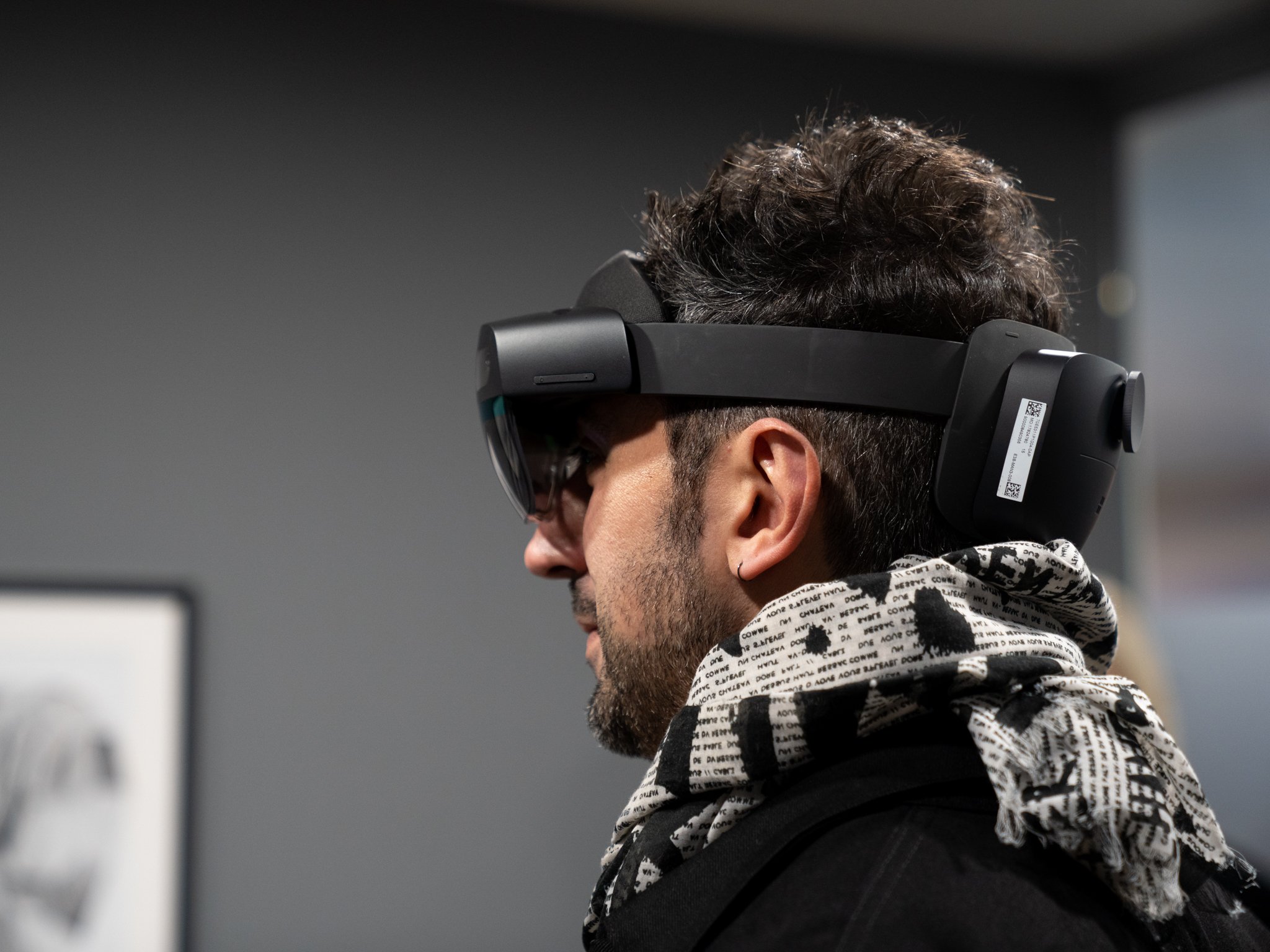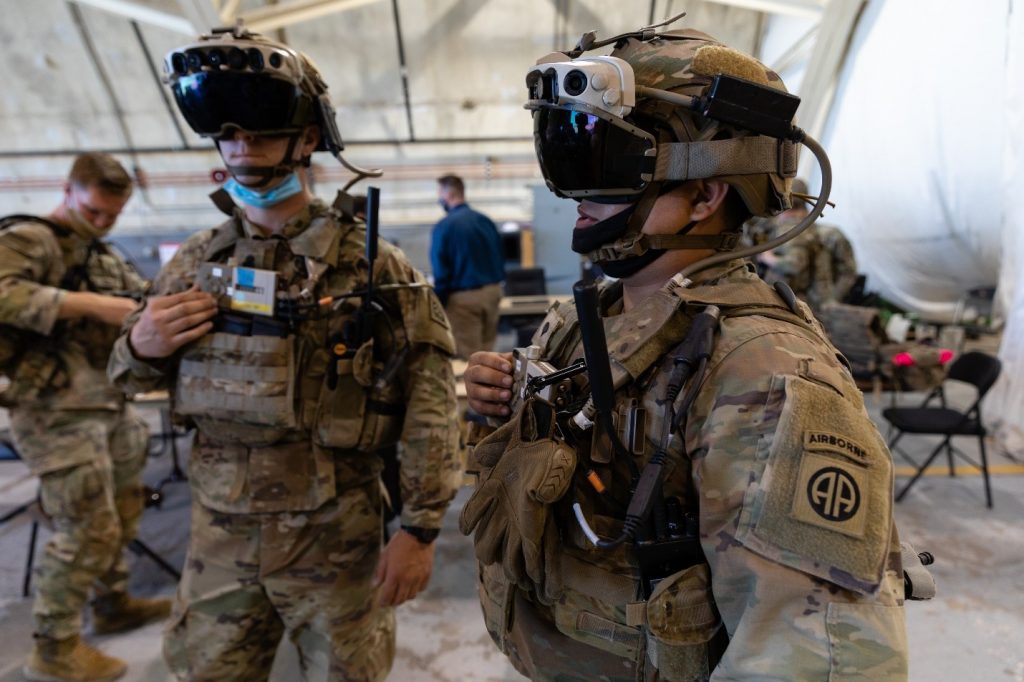Should Microsoft create a consumer-focused HoloLens?
It's unclear if a HoloLens 3 is on the way, but we can still debate how Microsoft should focus its mixed reality efforts.

All the latest news, reviews, and guides for Windows and Xbox diehards.
You are now subscribed
Your newsletter sign-up was successful
Microsoft's HoloLens could be in danger, according to a troubling report that emerged this week. According to more than 20 current and former Microsoft employees that spoke with Business Insider, Microsoft's HoloLens division is in disarray. The same report claims that HoloLens 3 was canceled in mid-2021, Microsoft's $22 billion contract with the military is behind schedule due to inadequate development progress, and there's a dispute within the company regarding the market that Microsoft should focus on.
Alex Kipman, Microsoft technical fellow and head of Microsoft's HoloLens division, disputed the claims made in Business Insider's report. Kipman claimed that "HoloLens is doing great," though he did not address any of the other items in the report.
There's said to be a rift inside of Microsoft when it comes to the future of HoloLens and Mixed Reality. It's claimed that some inside the company want to focus on consumers while others want to continue pushing exclusively toward businesses and the military. There are also alleged internal disagreements spawning from Microsoft's partnership with Samsung to build mixed reality devices.
This week's poll focuses on the market that Microsoft should focus on in the future. Specifically, we'd like to know if you think Microsoft should create a HoloLens built with consumers in mind.
At the moment, HoloLens 2 costs $3,500. The mixed reality headset is also aimed squarely at businesses and the military. For example, NASA uses HoloLens on several projects. Microsoft also has a $22 billion contract with the U.S. Army to create combat-ready variant headsets.

With perpetual talk of the metaverse and Apple potentially entering the mixed reality space, some have voiced interest in Microsoft rolling out a consumer-focused HoloLens. The company has worked on mixed reality for years, so it should have a head start in the space.
On the other hand, some want Microsoft to continue doing what it's doing, which is focusing its efforts on businesses and the military. While it's unclear if Microsoft makes a profit off of HoloLens at this point, the company does have several large contracts.
All the latest news, reviews, and guides for Windows and Xbox diehards.

Sean Endicott is a news writer and apps editor for Windows Central with 11+ years of experience. A Nottingham Trent journalism graduate, Sean has covered the industry’s arc from the Lumia era to the launch of Windows 11 and generative AI. Having started at Thrifter, he uses his expertise in price tracking to help readers find genuine hardware value.
Beyond tech news, Sean is a UK sports media pioneer. In 2017, he became one of the first to stream via smartphone and is an expert in AP Capture systems. A tech-forward coach, he was named 2024 BAFA Youth Coach of the Year. He is focused on using technology—from AI to Clipchamp—to gain a practical edge.
